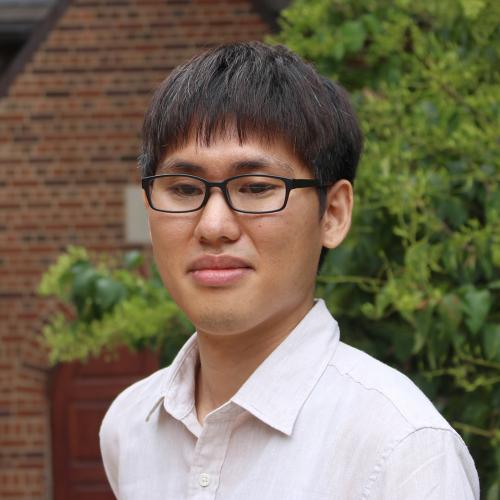Assistant Professor JooYoung Seo has been selected as an Emerging Scholar by the International Society of the Learning Sciences (ISLS), which is dedicated to the empirical investigation of learning in real-world settings and the use of technology-facilitated learning. Funded by the Wallace Foundation, the Emerging Scholars Program elevates and supports the work of scholars from marginalized and underrepresented groups whose research focuses on "addressing educational injustices through the research methodologies and/or topics under study." As an Emerging Scholar, Seo received a $10,000 grant for his project, "Data Accessibilization: Making Data Science Education Accessible for Blind Learners."
According to Seo, blind students face extra challenges in data science education, because most data science tools and curricula are designed with visually oriented modalities.
"Among the five procedures of common data science workflow (i.e., importing, wrangling, transforming, visualizing, and modeling), data visualization is considered as the most challenging point for blind people to interpret," he said.
His project will focus on data visualization, with the goal of designing and developing a data representation system to engage blind learners.
"ISLS is the largest and the most influential organization in the field of the learning sciences, and I feel so grateful that my name and project could be listed with other emerging scholars," said Seo.
Seo's research focuses on how to make computational literacy more accessible to people with dis/abilities using multimodal data representation. His projects have involved not only web accessibility but also human-centered design and development studies, such as inclusive makerspaces, tangible block-based programming, tablet-based haptic feedback of knowledge structure, accessible data science, and accessible/reproducible scientific writing tools for people with and without disabilities. Seo is an RStudio double-certified data science instructor and accessibility expert who is certified by the International Association of Accessibility Professionals (IAAP). He earned his PhD from the Learning, Design, and Technology Program at Pennsylvania State University.
